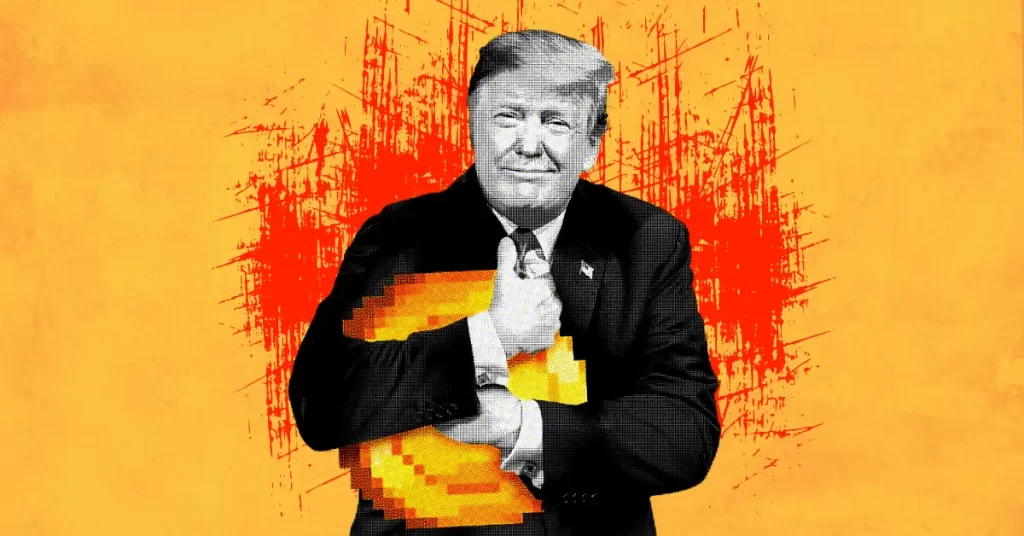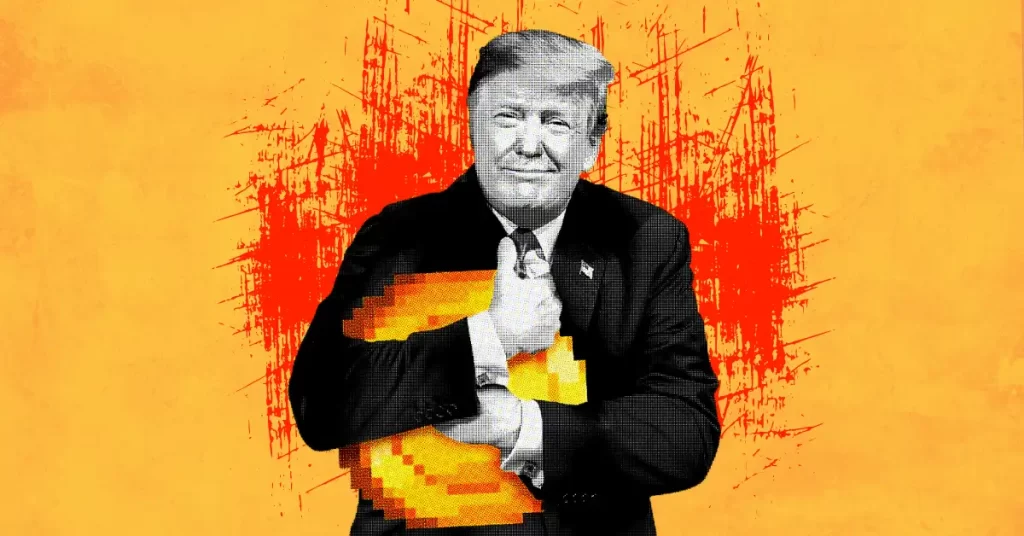Trump’s Campaign Refunds Winklevoss Twins’ Bitcoin Donation Exceeding Legal Limit


The post Trump’s Campaign Refunds Winklevoss Twins’ Bitcoin Donation Exceeding Legal Limit appeared first on Coinpedia Fintech News
Co-founders of Gemini crypto exchange, Tyler and Cameron Winklevoss, recently made headlines by announcing $2 million Bitcoin donations ($1 million each) to Donald Trump’s presidential campaign. However, this major contribution towards a pro-crypto cause, could not be accepted ultimately as it totalled to 15.47 BTC per twin, and surpassed the federal legal limit for individual campaign donations, which capped at $844,600. Consequently, the Trump campaign had to issue a refund for the exceeding amount to ensure adherence to campaign finance regulations.
Political Endorsement and Crypto Advocacy
In their public announcements, the Winklevoss twins vocally praised Trump for his crypto inclusivity, and his stance on Bitcoin and business freedom. Tyler specifically highlighted Trump’s parallelism with the “crypto army”, and urging others within the digital asset community to rally behind the Republican nominee.
In fact, their outright support also served as an indirect critique of the present administration of President Joe Biden’s regulatory policies. They were also accused of spreading hostility towards the crypto sector and causing hindrance to innovation via excessive governmental oversight.
What’s the Impact on Campaign Finance and Industry Dynamics?
The Winklevoss twins made a huge donation, which clearly stated how crypto leaders have a great influence in shaping the political funding strategies. Undoubtedly, their support for Trump also equates to a broader trend of industry experts being on the same page as political candidates. They both promise convenient regulatory environments for digital assets. Additionally, this intersection of cryptocurrency advocacy and traditional campaign finance laws raise important questions about what’s the role of digital currencies in political finance and their potential to largely influence electoral results.
Moreover, the refund issued by the Trump campaign further opens up the complexities related to allowing cryptocurrency donations into already established regulatory frameworks. With the 2024 election knocking at the door, this intersection of crypto advocacy and political finance regulations can be expected to remain a crucial issue. They will perhaps have a similar effect on both industry strategies and electoral strategies.
